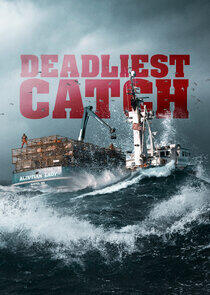Great British Railway Journeys - Season 14
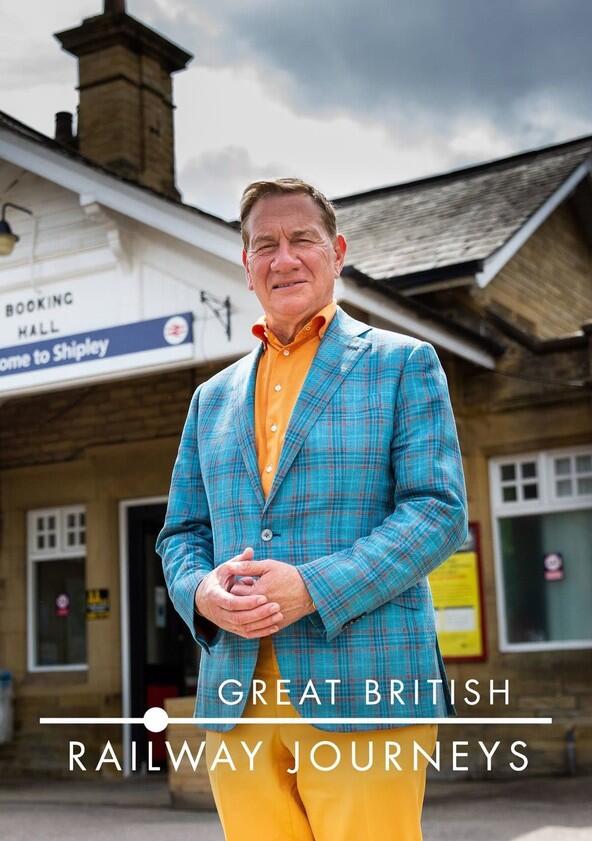
Season 14

Episodes
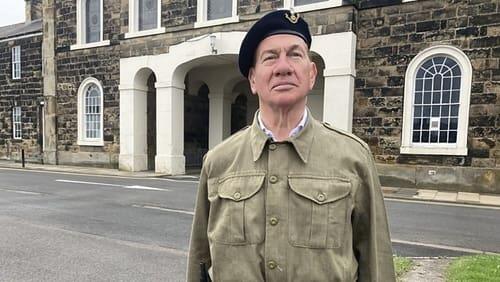
Preston to Rawtenstall
Michael Portillo strikes out to explore the Britain of his youth, starting at Preston's Fulwood Barracks and heading across to Bury Bolton Street station in Greater Manchester.
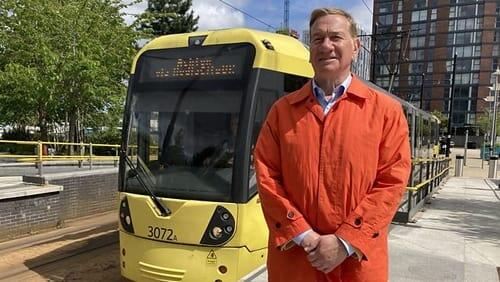
Urmston to New Islington
Michael's journey through north west England from Preston to Hebden Bridge reaches Greater Manchester, where Michael celebrates new beginnings for the nation in the years after the Second World War.
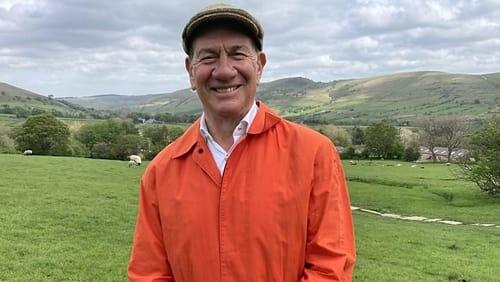
Oldham to Wakefield
Greater Manchester's Metrolink tram delivers Michael to the former cotton town of Oldham. He heads across to Wakefield and the striking postwar sculptures of Barbara Hepworth.
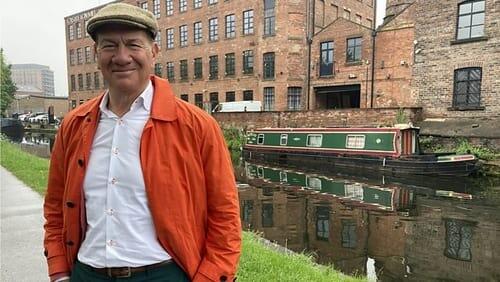
Wakefield to Leeds
From Wakefield, West Yorkshire, Michael visits the National Coal Mining Museum for England at Caphouse Colliery. He heads across to Leeds to investigate the origins of the Leeds West Indian Carnival.
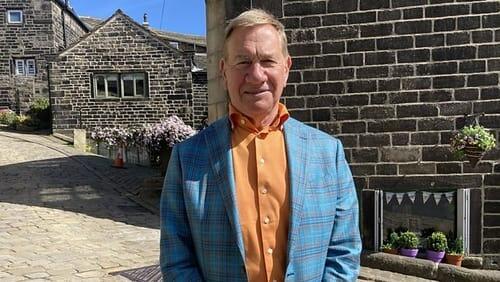
Bradford to Hebden Bridge
Michael Portillo continues his postwar exploration of north west England in Bradford, Shipley and Hebden Bridge.
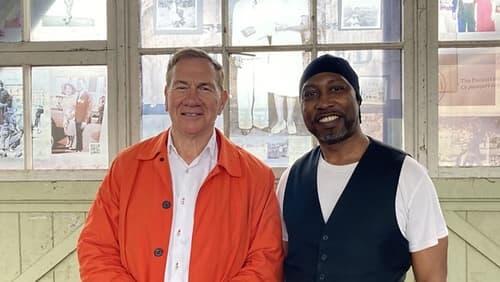
Tilbury to Barbican
Michael Portillo travels through the Britain of his youth from London's Docklands and East End to the ‘city within a city', the Barbican.
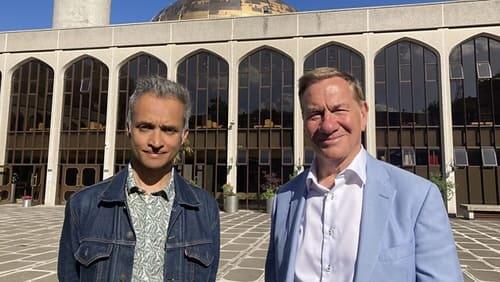
Waterloo to Regent's Park
Michael Portillo continues his railway exploration of the post-war Britain of his youth on a journey from London to Cambridge, starting at South Bank.
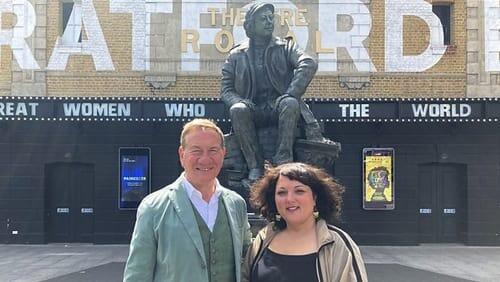
Paddington to Ongar
Michael Portillo ventures deep underground onto London's newest railway: the Elizabeth Line. He travels across London before transferring to the Epping Ongar Heritage Railway.
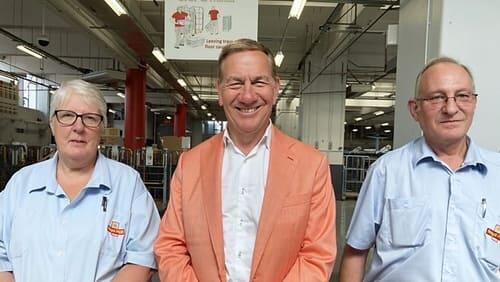
Felixstowe to Norwich
Michael Portillo continues his rail exploration of the east of England, starting on the seafront of Felixstowe and finishing in the plate glass campus of the University of East Anglia.
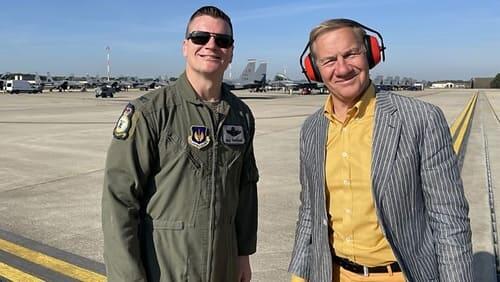
Brandon to Cambridge
Michael Portillo completes his railway journey through the east of England during the post-war period, heading from RAF Lakenheath to the city of Cambridge.
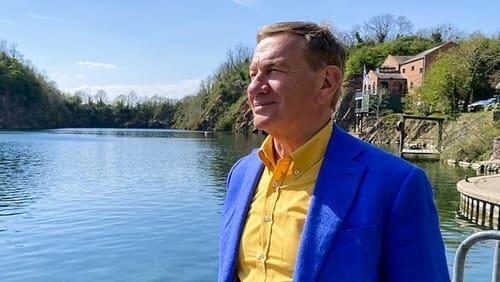
Derby to Hinckley
Michael Portillo explores the postwar Britain of his youth on a railway journey from the Midlands to the West Country.
Beginning in Derby's famous 19th-century railway works, Michael hears how the Victorian sheds now house some of the most up to date assembly lines in Britain for building electric trains. In Leicester, Michael looks back to the early 1970s, when around 10,000 Asians arrived in the city after being expelled from Uganda by the dictator Idi Amin.
On the outskirts of the city, Michael discovers a factory where, shortly after the Second World War, an entrepreneurial butcher turned his hand to something completely different - with the company he founded, Walkers, now producing 11 million bags of crisps a day. And from Hinkley Station, Michael heads for Stoney Cove, where a submerged quarry proved an ideal place to train divers in the 60s and 70s.
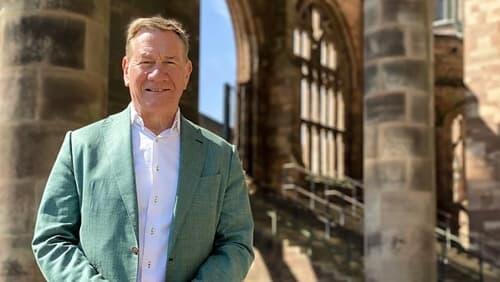
Coventry to Leamington Spa
In Coventry, Michael recalls the destruction by the German Luftwaffe of the city's gothic cathedral in November 1940. He hears how architect Basil Spence won a competition to build it anew and tours the breathtakingly modernist concrete structure built alongside the medieval ruin. And from the city's recently redeveloped station, he heads to the factory of the London Electric Vehicle Company, manufacturers of the iconic London taxi.
Heading south to Royal Leamington Spa, Michael visits the Guide Dogs for the Blind National Centre, established in the town in 1941. Michael learns how the organisation was founded and how dogs are bred today.
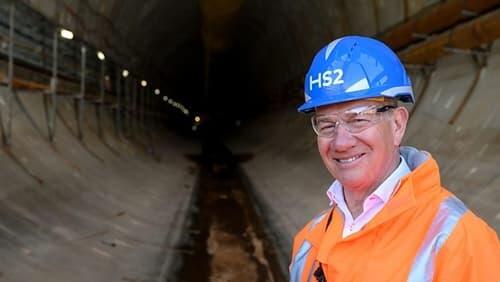
Long Itchington to Moseley
Michael Portillo's railway journey reaches the heart of the Warwickshire countryside, where work is underway on a section of the biggest project of new railway infrastructure in Britain for a hundred years: HS2.
In the Tudor town of Stratford-upon-Avon, birthplace of William Shakespeare, Michael visits the Royal Shakespeare Theatre, home since 1961 to the Royal Shakespeare Company.
In Birmingham, Michael recalls the redevelopment of the whole city centre during the 1960s and the arrival of black and Asian communities in areas where he once tried to enter parliament. In the Prince of Wales pub in Handsworth, he investigates the fusion of Asian and British cultural influences which produced modern Bhangra music.
Michael finishes this leg of his railway journey in the leafy suburb of Moseley, where in order to combat the housing shortage after the Second World War, prefabricated houses were put up - and, in some cases, remain to this day.
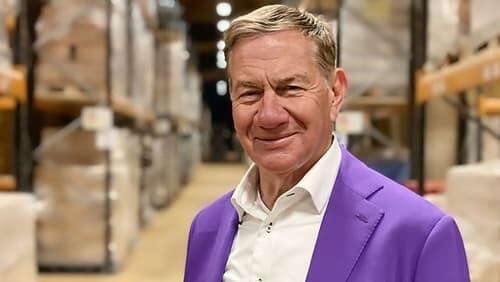
Wolverhampton to Cheltenham
At the African and Caribbean Heritage Centre in Wolverhampton, Michael finds out about the impact of Enoch Powell's 1968 speech on immigration in Wolverhampton and across the nation. In Kidderminster, he discovers the site of a secret wartime enterprise: a subterranean world of shafts, workshops and offices known as the Drakelow Tunnels.
In the cathedral city of Worcester, Michael joins pupils of King's Hawford School to hear about their chosen sport, pigeon racing. The Gloucestershire Warwickshire Steam Railway transports Michael back to the 1950s and on to Cheltenham, on the edge of the Cotswolds, where the town's splendid jazz festival is gearing up for its 25th anniversary.
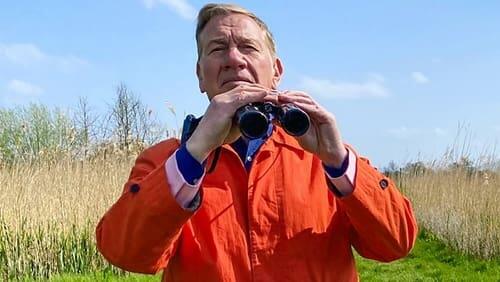
Tewkesbury to Filton
Michael Portillo is on the last leg of his railway journey from the train-building city of Derby to the aircraft manufacturing base of Filton. From Tewkesbury, Gloucestershire, he heads to the fairy-tale castle of Eastnor at the foot of the Malvern Hills.
At a factory in Coleford in the Forest of Dean, Michael recalls his childhood screen debut in an advertisement for a fruity cordial and discovers it remains popular today. At Slimbridge, Gloucestershire, Michael heads for the wetlands of the Severn Estuary, where the postwar conservation movement in Britain began with the opening of the Wildfowl and Wetlands Trust.
Michael's last stop is Filton, where he investigates the centre of Britain's postwar aviation industry and the manufacturing base for the fastest passenger plane on earth, Concorde.
Recently Updated Shows
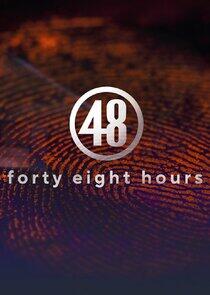
48 Hours
48 Hours is a CBS news magazine that investigates intriguing crime and justice cases that touch on all aspects of the human experience. Over its long run, the show has helped exonerate wrongly convicted people, driven the reopening -- and resolution -- of cold cases, and changed numerous lives. CBS News correspondents offer an in-depth look into each story, with the emphasis on solving the mystery at its heart. The program and its team have earned critical acclaim, including 20 Emmys and three Peabody Awards.
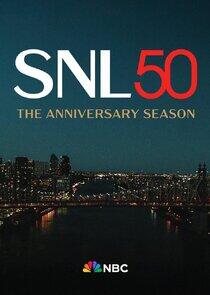
Saturday Night Live
Saturday Night Live is an Emmy Award-winning late-night comedy showcase.
Since its inception in 1975, "SNL" has launched the careers of many of the brightest comedy performers of their generation. As The New York Times noted on the occasion of the show's Emmy-winning 25th Anniversary special in 1999, "in defiance of both time and show business convention, 'SNL' is still the most pervasive influence on the art of comedy in contemporary culture." At the close of the century, "Saturday Night Live" placed seventh on Entertainment Weekly's list of the Top 100 Entertainers of the past fifty years.
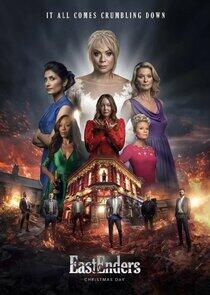
EastEnders
Set in the East End of London, the show focuses on the tensions between love and family with stories ranging from hard-hitting social issues, to personal, human tragedies. And there's plenty of funny moments too.
Classic characters old and new across thousands of episodes have shared a drink in The Queen Vic, shed tears of despair or joy, sat on Arthur's bench in the Square... and at some point or other they probably crossed paths with Ian Beale.

